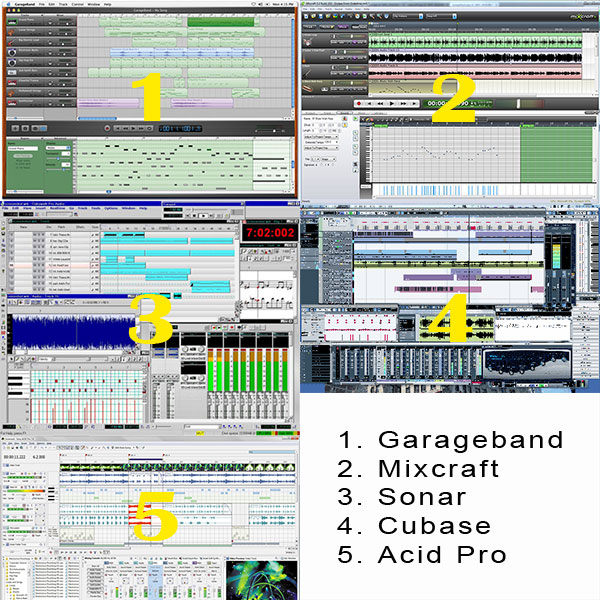Garageband for Home Recording
Back in the early 2000’s before Garageband if you wanted to make a demo or record your own album, you were still limited to using 4 track tape recorders, the CDRW/DAT versions were still quite expensive and a trip to the studio costed at least a few hundred dollars. Once you had something mixed and mastered you were looking at maybe a thousand, quite a big investment really so you really had to want/need to do it.
Garageband changed the world
Then Garageband came a long and changed all that, fast forward to 2020 and nearly everyone is producing content from podcasts to video to whole albums, all from their own homes using a laptop and high-quality audio interfaces, that were once prohibitively expensive and only available to professional studios. It’s no secret that Garageband is the tool of choice for getting professional results easily, without headaches or complexity that throttles the creative process.
But Garageband for Productivity
The Maco-sphere or Apple-system is an expensive realm where the limitations are at best annoying, the barefaced built-in obsolescence and proprietary nature of most everything from cables to managing your own content, border on a monopoly and once imprisoned it is VERY hard to escape. If that’s legal then it probably shouldn’t be. But, undeniably, some of the software, because it is created to be intuitive and efficient, does really improve your work flow and productivity, by not getting in the way. With Garageband, Apple have effectively removed the complexity that could otherwise create option paralysis, allowing artists to quickly get the job done.
